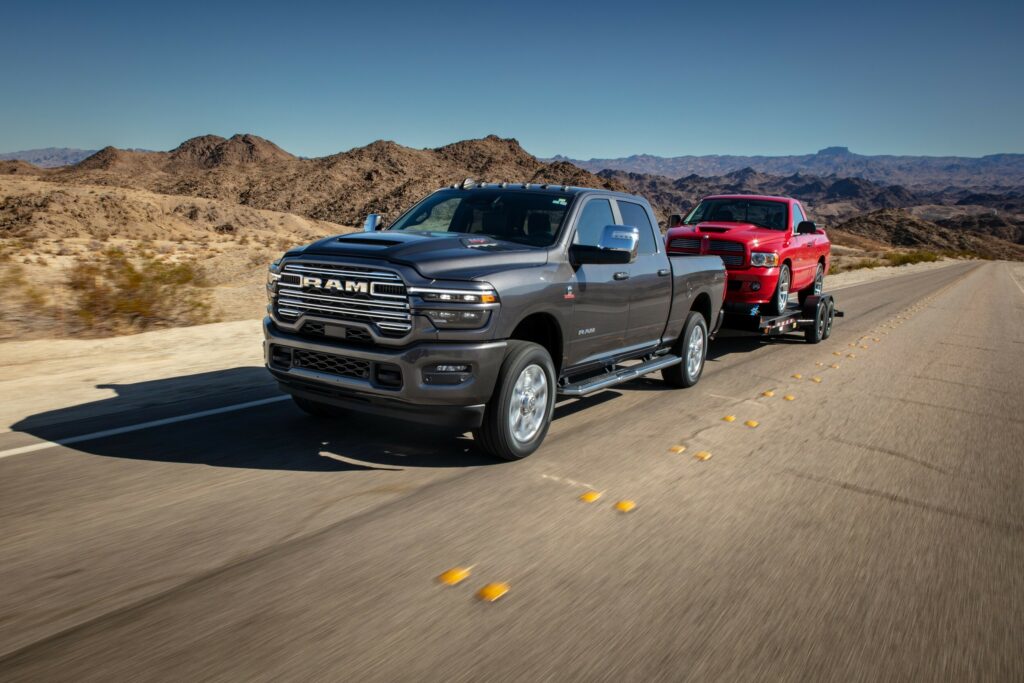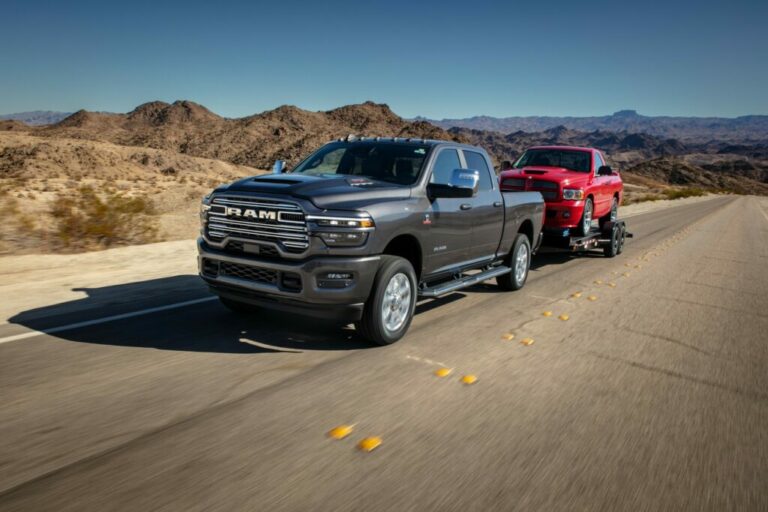Stellantis, the global automaker, is making significant changes to its production strategy in response to US trade policies. The company will pause production at its Ontario plant starting May 5 as it adjusts its supply chain to increase the US content in its vehicles, complying with the United States-Mexico-Canada Agreement (USMCA).
Production Shift
Stellantis announced plans to shift some of its pickup truck production from Mexico to the United States. This move aims to avoid the substantial tariffs imposed during the Trump administration. Although the initial policy shock reverberated through the auto industry, subsequent refinements have allowed US car manufacturers to apply for tariff rebates based on the proportion of compliant vehicle content.
USMCA Compliance
The USMCA rebate is currently set at 3.75% of a firm’s US production retail value in the first year and 2.5% in the second year. Stellantis’s CFO, Doug Ostermann, revealed that the company’s US-built vehicles currently have about 80% USMCA-compliant content. By increasing this to 85%, the first-year rebate could offset the tariffs on the remaining 15% of content. Ostermann emphasized that the company is actively working on this goal, noting that some suppliers could adapt quickly while others might require more time.
Impact on Production
The production halt at Stellantis’s Windsor, Ontario, site, which builds the new Dodge Charger and Chrysler Pacifica, is set to last a week starting May 5. This follows a similar two-week closure in April as the company assessed the impact of US tariffs. The Unifor union, representing workers at the site, reports that Stellantis has not disclosed the specific reason for the upcoming production pause.

While Stellantis has not provided details on the potential increase in US pickup truck production, the company’s efforts to boost USMCA compliance are clear. The adjustments reflect the complex interplay between global automotive production and international trade policies.



